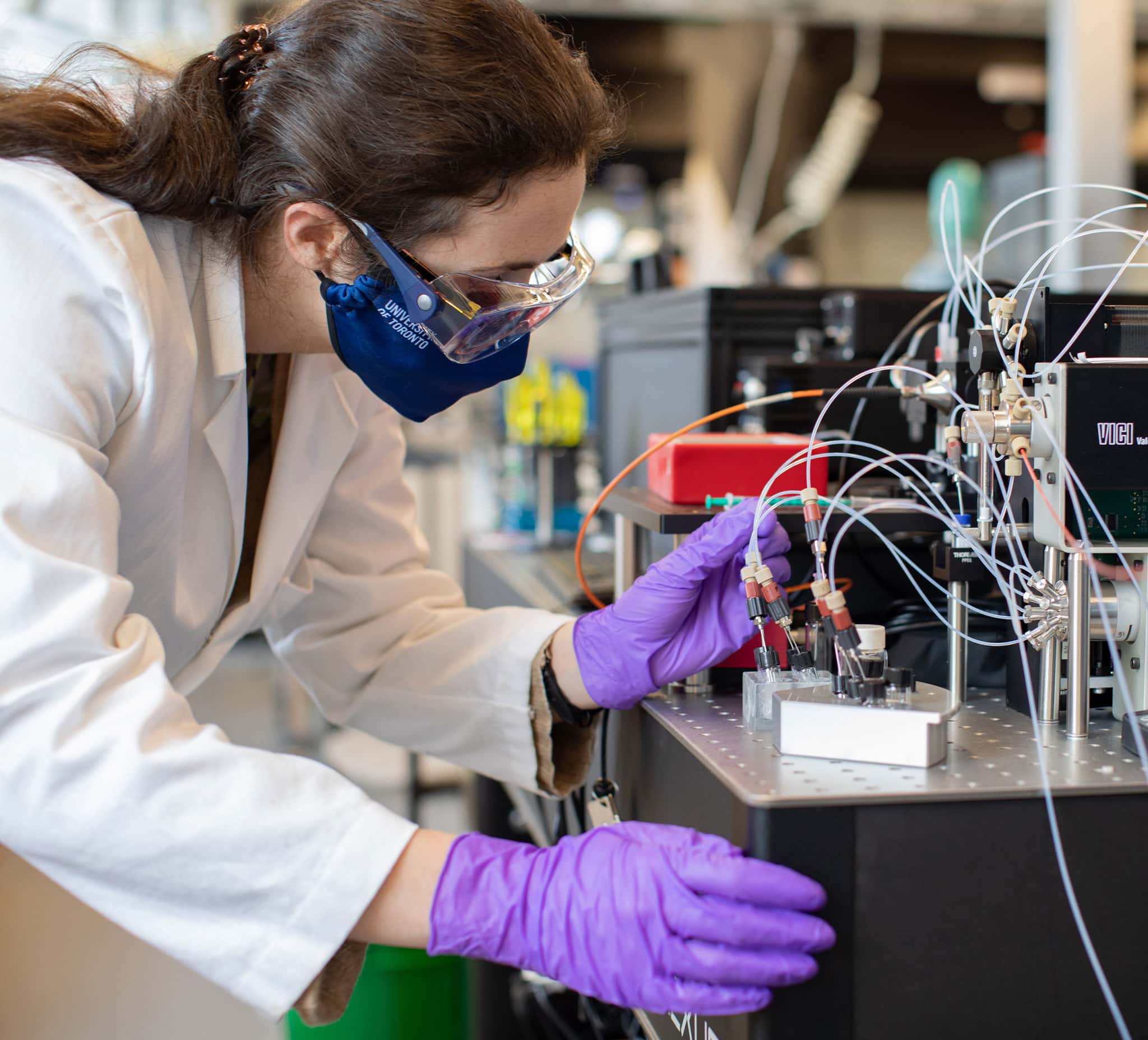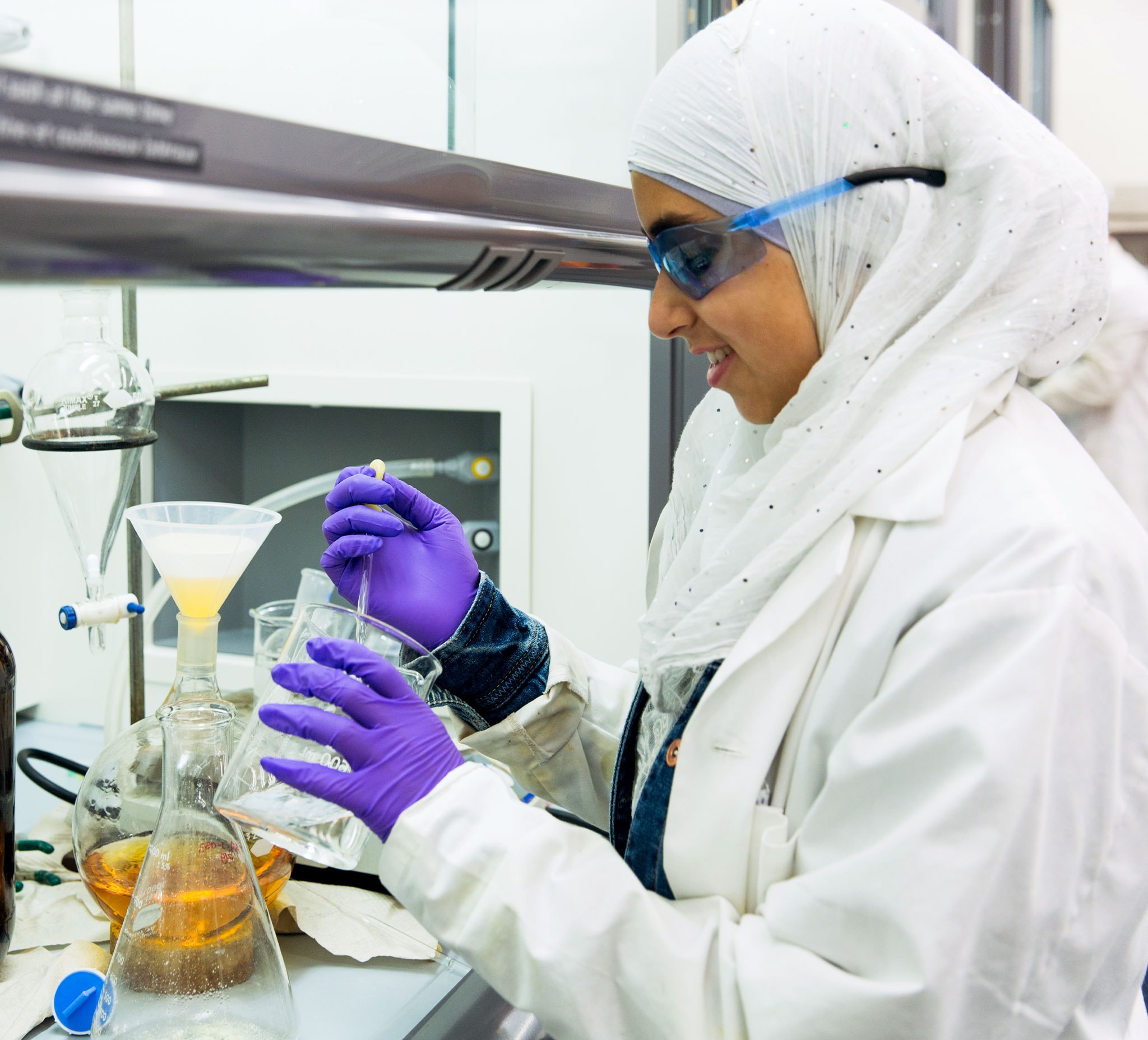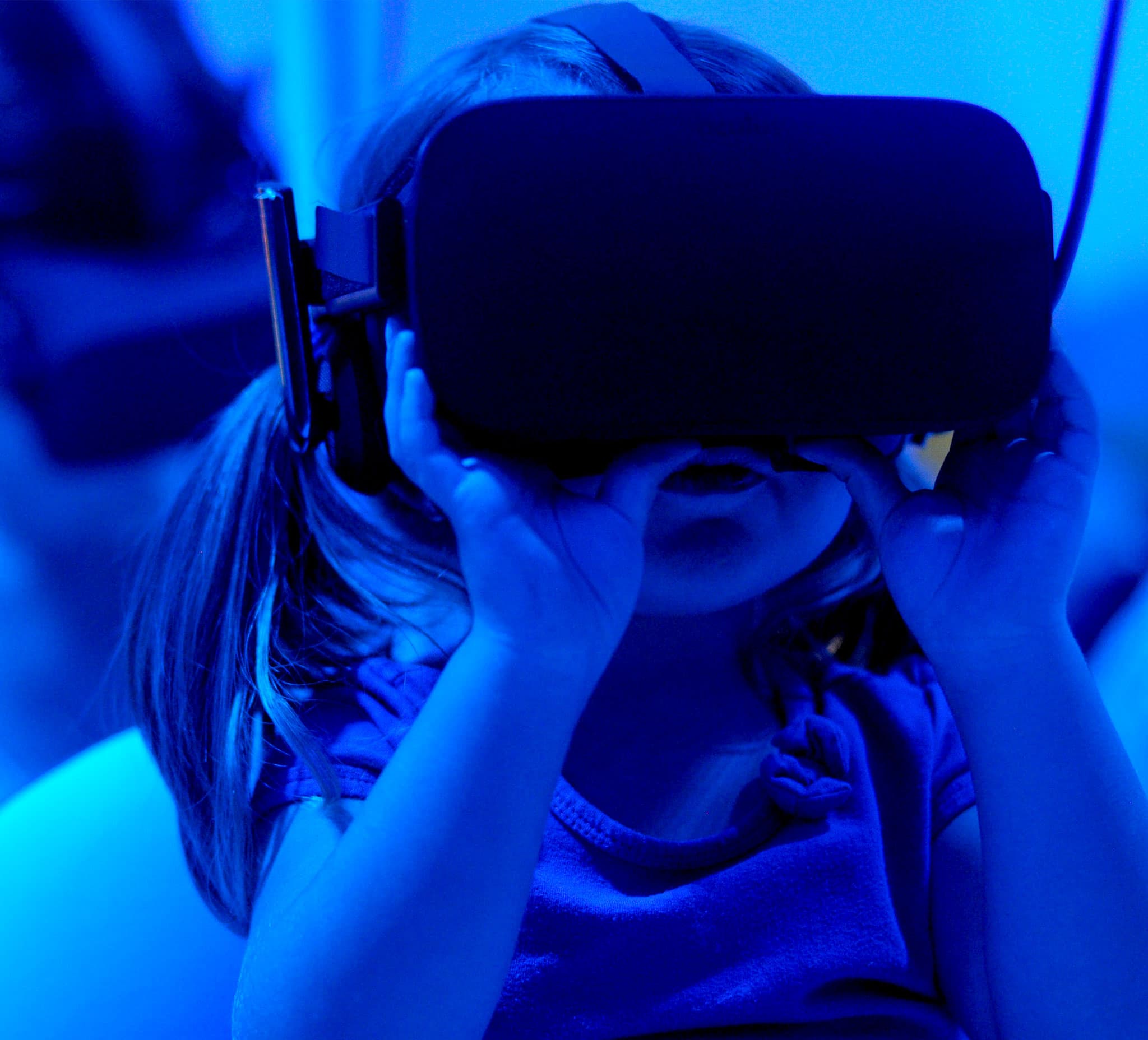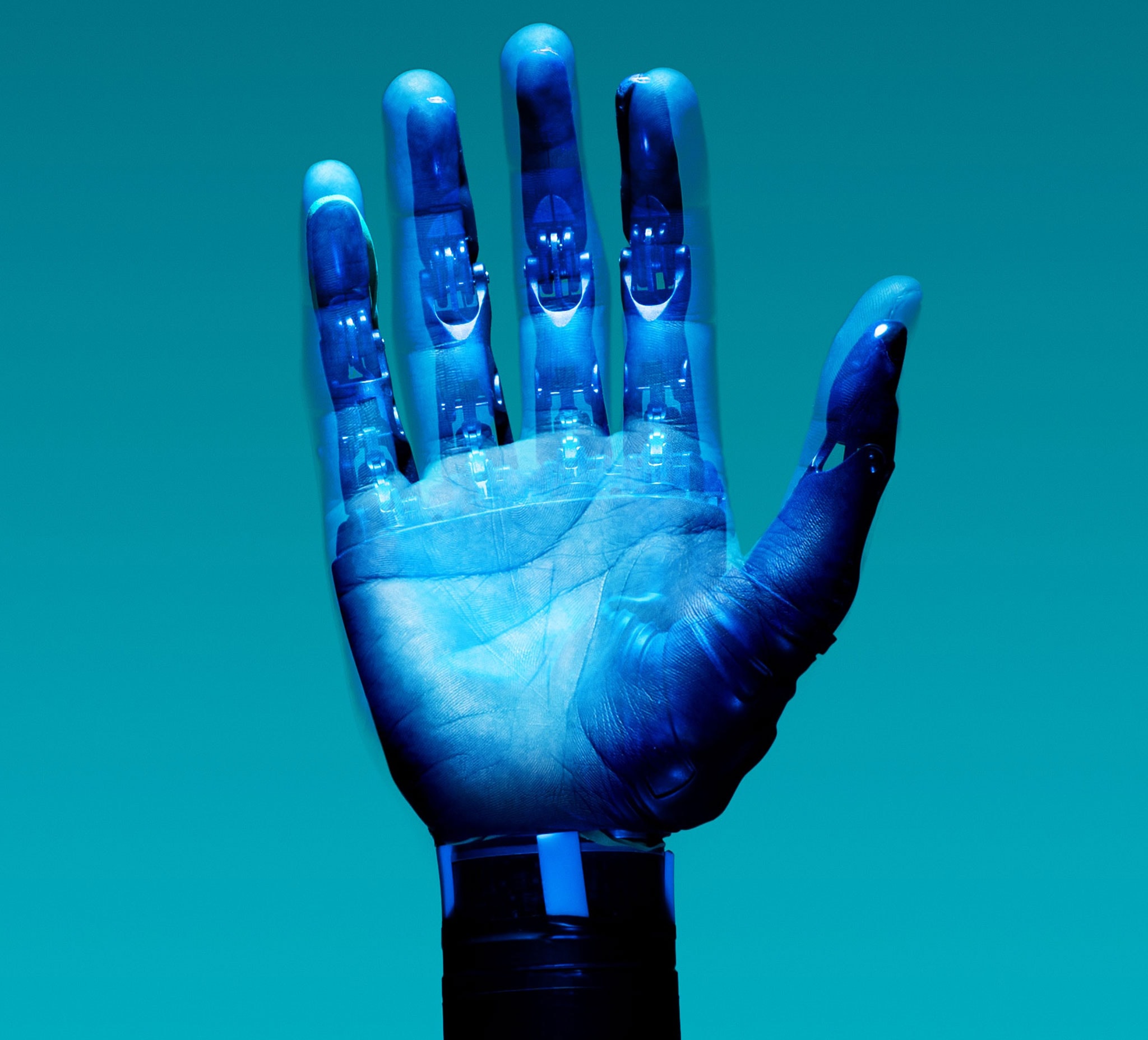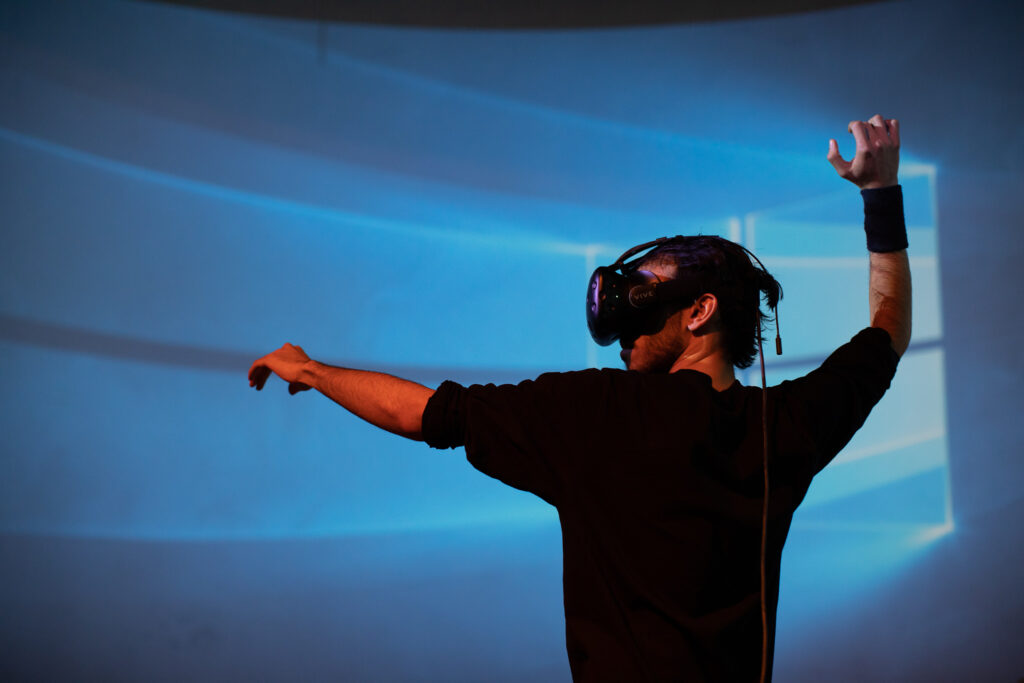Drive scientific discovery
The basic and applied sciences help answer fundamental questions about our world and pave the way for the medicines, technologies, and industries we rely on. Investing in this work creates a reservoir of ideas and discoveries to meet tomorrow’s challenges.
From insulin to stem cells, deep learning and neural networks, the University of Toronto, together with its hospital and research partners, has a long history of making discoveries that completely change what’s possible in our world. But these kinds of advances do not happen without robust support for basic and applied research and teaching. By supporting free and open inquiry in the sciences, you can help lay the groundwork for tomorrow’s game-changing ideas, breakthroughs and discoveries.


